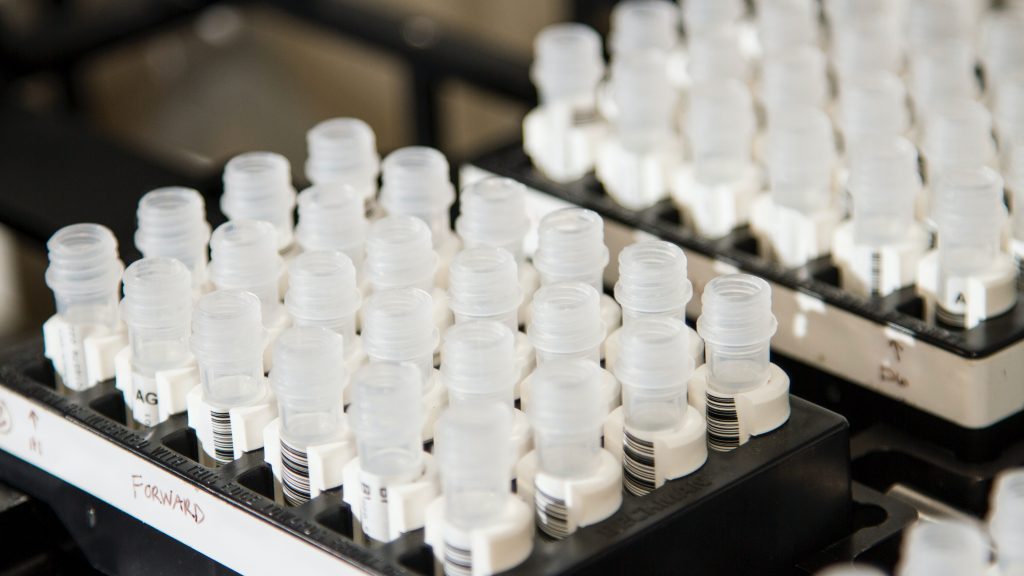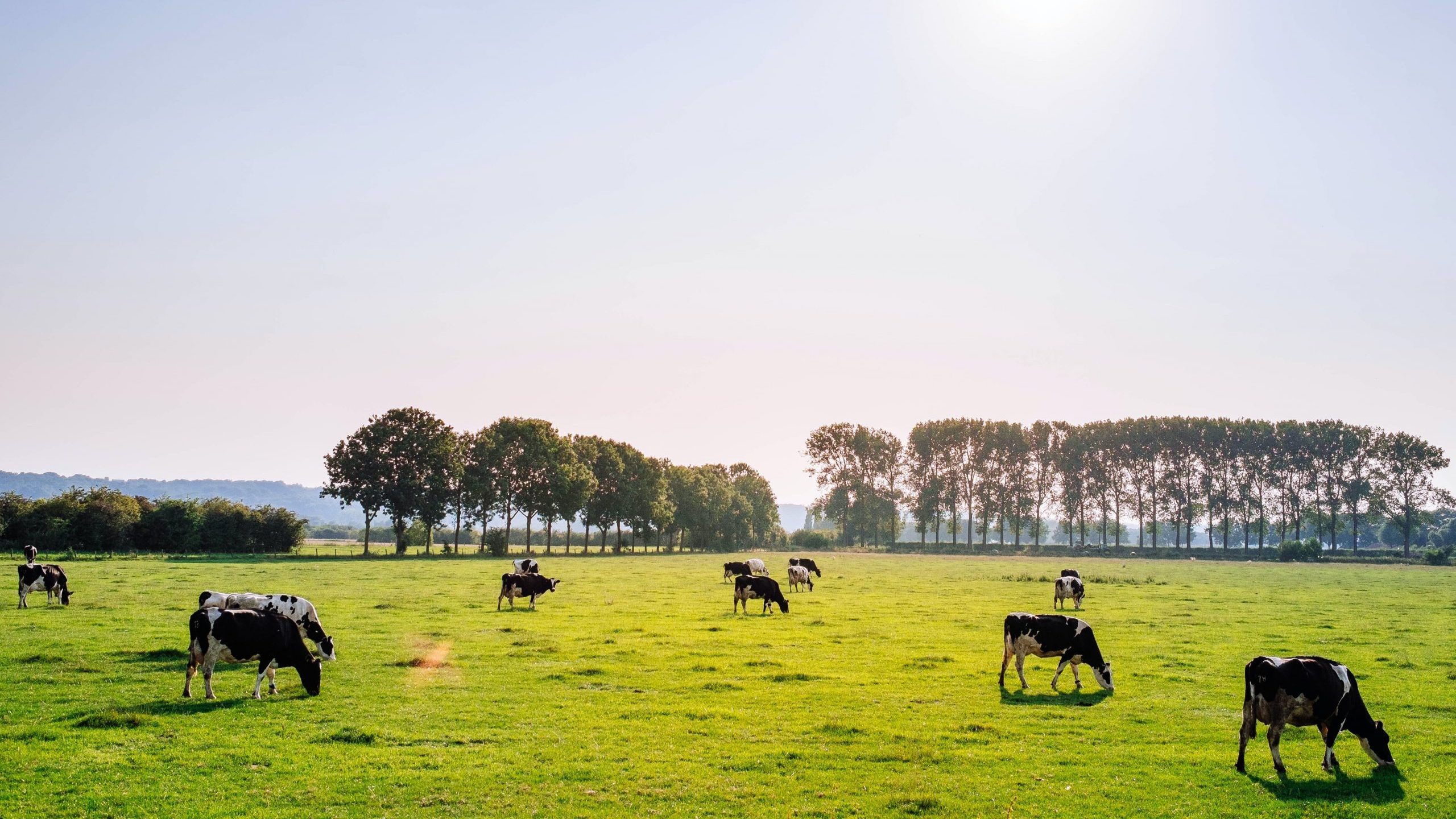Expansion, analysis and exploitation of the Hungate rumen microbial culture collection
Flagship Goal: To generate new knowledge on the rumen microbiome which will enable novel interventions to reduce methane emissions from livestock

Productivity of ruminant livestock depends on the microorganisms in the rumen, which turn indigestible plant material into nutrients used for growth. These rumen microorganisms are also responsible for the single largest anthropogenic source of methane. Understanding the function of the rumen microbiome is crucial to the development of technologies and practices that can support efficient global food production from ruminants, while minimising greenhouse gas emissions.
The Hungate1000 culture collection provided a step change in rumen microbiome knowledge, allowing expansion of the rumen microbial genome catalogue from 14 to 501. This immense achievement resulted in significant impact in terms of follow-on scientific research. However, there are still further microbes to culture to test key hypothesis arising from the available genetic information. Likewise, many cultures were not sequenced as part of the initial Hungate collection; the phenotypes and genomes of which are crucial to fill gaps in current knowledge.
This Flagship project will bring the global scientific community together to share, culture and analyse further rumen samples from around the world to drive future innovations to reduce GHG emissions from livestock.
Anticipated Outcomes
- The most comprehensive rumen culture collection, alongside phenotype and genotypic biological and bioinformatic resources, built by the most knowledgeable anaerobic microbiologists in the world.
- Free access to the collection so that it can be scientifically mined for novel bioactives and direct-fed microbials to reduce methane emissions and enhance productivity in a sustainable manner.
- A network of ‘hubs’ that are able to isolate, phenotype and genotype novel rumen bacteria (or the latter 2 only if novel cultures are already available) from cultures or samples sent to them.

Opportunities to get involved
- The project is open to all to be involved.
Contact the Project Leader, Sharon Huws (Queen’s University Belfast, UK), if you would like to explore ways in which you can contribute to this project.
Key Partners
Partner countries which will host hubs and co-hubs: Brazil, Canada, China, Columbia, France, Ireland, Israel, Netherlands, New Zealand, Spain, UK, USA.
Most of these partners are also involved in the following substantial projects: MASTER and Holoruminant (EU Horizon 2020), RumenPredict, SeaSolutions and INTEGRITY (FACCE ERA-Net Gas), MethAbate (DAFM/DAERA).
The project is receiving funding from the Global Methane Hub.
Recent news
Queen’s University leading global research project aimed at reducing methane emissions – 5 Dec 2023
Project status: Active
